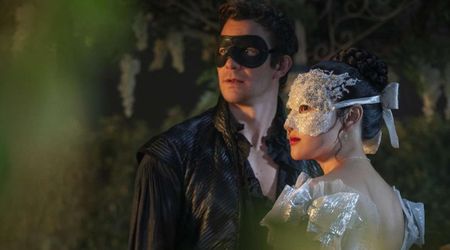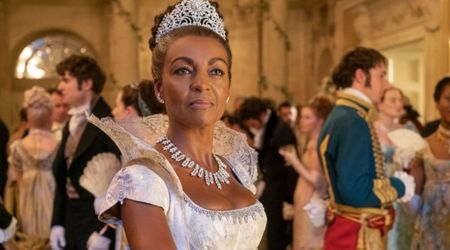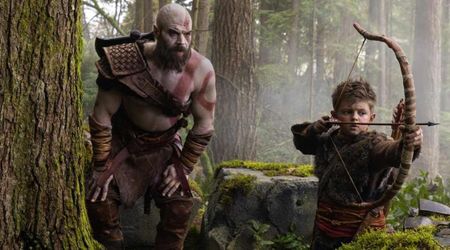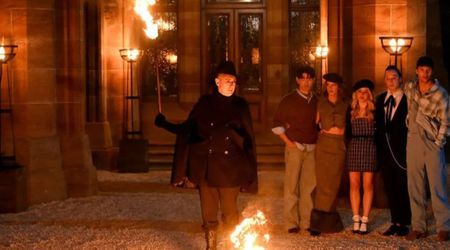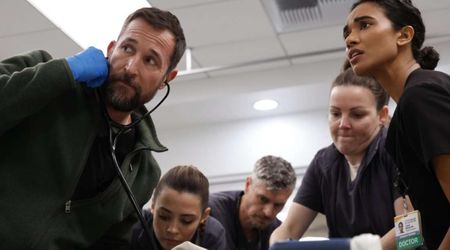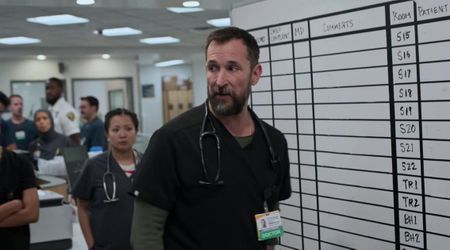Pride Month 2020: Sexual and gender fluidity in fantasy TV shows could be safe spaces for young adults

Flip the channel through all the supernatural or fantasy shows on TV and chances are you are going to find an impressive haul of LGBTQ+ characters. But the fantasy genre, in itself, doesn't guarantee such representation. You only have to look at the defining tomes of the genre written by men, from JRR Tolkien's 'Lord of the Rings' to CS Lewis's 'Chronicles of Narnia' to Philip Pullman's 'His Dark Materials', to know that it is not a given.
However, what is given is that the genre gives creators the license to imagine worlds with specific cultural codes and context different from the one we live in. It is wish-fulfillment in a sense, especially for marginalized writers who can imagine a world where they would not be the odd one out. For instance, in 'The Left Hand of Darkness', Ursula Le Guin as a female fantasy writer explores a non-binary alien world where inhabitants can choose and change their gender at will when they enter heat every month and remain sexually androgynous the rest of the time. The privilege and burden of bearing children is thus shared by everyone. According to Le Guin, she "eliminated gender, to find out what was left".
Fantasy TV shows, on the other hand, while reflecting their creators' impulses also mirror their audience. These shows usually are targetted at young adults and millennials. Gender and sexual fluidity are still looked at with suspicion and fear in the wider world filled with older adults who grew up with different cultural norms. But for millennials and the idols they follow from Harry Styles to Ezra Miller from Kristen Stewart to Miley Cyrus, a certain degree of gender-bending, androgyny and queerness is the norm. Everyone is now somewhere on the spectrum, rather than identifying as a 100 percent straight or gay, male or female.
But since the larger world is still hostile to such fluidity, fantasy TV shows and their world-building are safe spaces for tweens and young adults. Exploring sexuality and gender by shipping characters together, that, sometimes, also become canon is part and parcel of the fandom. One of the shows that did this really well was 'The Magicians'. Most of the characters reflected the fluid notions around gender and sexuality of their audiences. In essence, you could technically ship anyone with anyone, based on whatever narrative arc was being explored by the characters. What mattered was the dynamic between the characters that saw them turn from friends to lovers to enemies and then back to being friends over the course of multiple seasons.
While other shows tested waters with gay or bisexual characters (Stranger Things, Shadowhunters, Legends of Tomorrow), 'The Magicians' had an anything-goes approach to sexuality that was both refreshing and revolutionary. The only other show that came even close was 'Lucifer', where the Devil's queerness gave us great stories. But there is a difference. 'The Magicians' represented queerness in humans while 'Lucifer' gave us queerness in supernatural beings. So while sexuality in 'The Magicians' has nothing to do with its fantasy elements, the sexuality of Lucifer is a product of his otherworldly nature.
In comparison, we haven't had many representations that center around queer gender, despite the possibilities. In 'Supernatural', the angels and demons don't actually have a specified gender but still prefer certain 'body suits'. They usually rigidly stick to whatever gender (and body) they choose, with a few exceptions, mostly less important demons who get knifed pretty quickly. Any fantasy show can technically explore gender fluidity without even raising eyebrows by using the trope of angel/demon/alien/otherworldly being who is not constrained by Earth's rigid gender classifications. It is a 'soft explore' option that fantasy shows have skipped over entirely.
Instead, it falls to shows like 'Chilling Adventures of Sabrina' and 'Supergirl' to represent non-binary or transgender people in a completely non-fantastical way. While they might be part of fantasy shows, their gender identification has nothing to do with fantasy elements or supernatural aspects. And that is a dose of reality we need in our fantasy TV shows.

